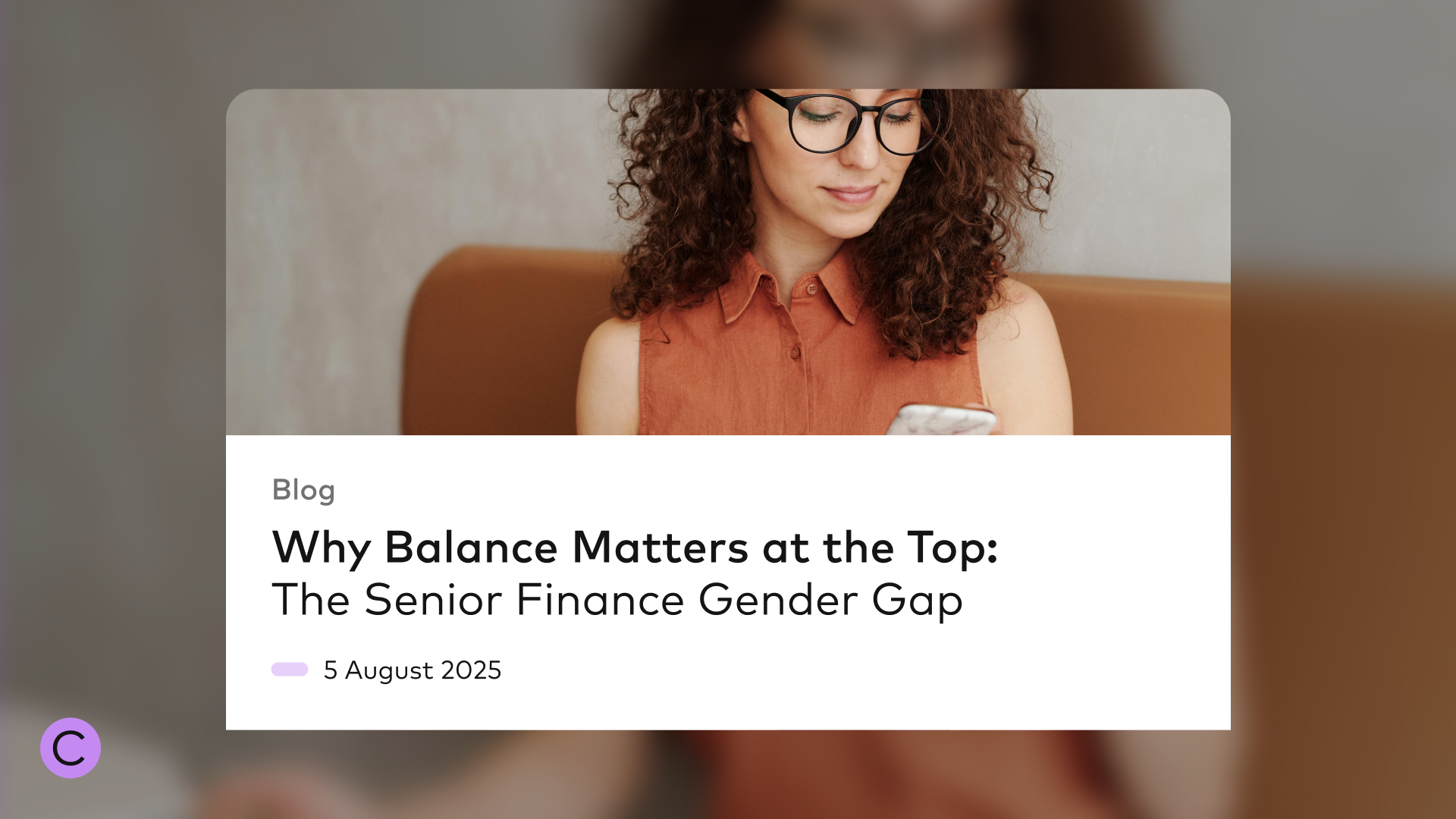June 20, 2022
So, You're Considering a Career Change?
by
Tony Pownall
Sound like you? We’ve put together a list of considerations that may improve your odds of a timely and successful transition between different white-collar roles.
Many of us stumbled into our current career and progressed without a clear view on our end-game. Instead, we took promotions and approaches that saw incremental lifts in salary and responsibilities over the years...only to find ourselves at a place that isn’t bringing the sense of meaning or satisfaction we’d hoped.

The recent period of professional, social and personal upheaval has caused many people to reflect on their lives and make changes to better align with what is truly important.
One positive outcome has been the rejection of what has quickly come to feel like an antiquated working model: one where all workers sit in traffic for long periods daily to work in offices set up for efficiency and productivity, not wellbeing and comfort. Most workers are now far more discerning about where, when and how they work. Workplaces now need to compete with living rooms for liveability, and managers must focus on trust and outcomes first, and better use the lesser time together to foster collaboration.
However, for some, their “ah-ha” moment has called for a more fundamental shift – a complete change in career!
Many of us stumbled into our current career and progressed without a clear view on our end-game. Instead, we took promotions and approaches that saw incremental lifts in salary and responsibilities over the years...only to find ourselves at a place that isn’t bringing the sense of meaning or satisfaction we’d hoped.
Sound like you? Based on our many years of experience supporting jobseekers we’ve put together a list of considerations that may improve your odds of a timely and successful transition between different white-collar roles:
Have a Plan
Set a goal and milestones for your move and have them validated as reasonable by someone who understands the requirements of your target role. For example: I want to be a project manager within 2 years. To achieve this, I will:
- Volunteer to help support any relevant projects in my current business to gain context
- Speak with X number of professional project managers to better understand the role and transition curve
- Join any relevant communities online
- Shadow an accomplished project manager for a day (where possible)
- Get my Prince2 certification by Y
- Etc.
Internal Vs External Move
By far the easiest way to transition to a new function is by moving internally, regardless of company size. A strong track record of performance, your existing relationships and demonstrated behaviours will all build confidence in others that you can make the transition. Plus, a new role in a known environment means at least something will feel familiar. Smart employers recognise that in most cases there is greater benefit in investing to retrain an existing employee (who shows the right behaviours, potential and motivation) than taking a punt on a new employee. It builds loyalty, engagement and tenure. Unless there are other reasons to leave your current employer, I recommend exploring this angle first.
Flag your intentions with your manager and work on a plan to transition over time that aligns with the company's needs and your pace of re-training. This might see you staying in your current role in the interim while taking on projects, training (internal or external), role shadowing, secondments or speaking with leaders in target functions about what’s required. It’s important you demonstrate how you will continue to perform in your current role during this transitionary period, which could take 12 months or more. Offering to pay for some or all of your training (if able) also shows your commitment and may make it easier for your employer to back your plan. Even if your newly determined dream role doesn’t exist in your current organisation there maybe opportunities to take a role that’s at least closer to your end-game, making a future external step smaller.
Salary
Typically, the bigger the departure from your existing experience and skill set the bigger drop in salary you can expect. If your lateral move is internal however it can be possible to retain your existing salary level, on the basis your existing employer is focused on retaining you and your track record instils confidence that you bring the right behaviours, already have internal relationships in place, and are capable of getting up to speed quickly.
If you’re not sure of your worth in a new function, then ask your specialist recruiter where you can reasonably expect to start in both role and salary.
Your CV
This is a really hard document to write well anyway, but it’s even harder when you’re trying to demonstrate how your past responsibilities and success can translate to something different. I found this out first hand when I considered restarting in a new industry before co-founding Cultivate. Despite having been the General Manager of a recruitment firm, I struggled to remove the industry specific measures, descriptors and jargon and play up the more generic transferable skills. I recommend giving it to 1-2 people to review for this reason.
Also, start with a “Career Objective” statement that sums up what you are looking for next and why, to avoid someone reading your CV and assuming what you’ve done is what you want to remain doing – don’t rely on a cover letter to do this as they can get separated.
If you’re already doing some training, volunteering, projects etc that align with your target role make this super obvious right up front. You can’t afford to have the reader wonder for even a second why you applied for a very different role – your CV has to show them you’re committed to and understand the move and are already making steps towards it.
Networking
If your plan includes seeking a new role outside of your organisation now then it’s going to be much harder to land your new role via traditional processes. Whether you apply directly or via a recruitment agency, you’re very likely to be trumped by those applicants with more relevant experience. This is because typically you’ll be relying heavily on your CV to sell you at application stage, and that’s a difficult way to demonstrate your potential in a very different role to your past. Calling to follow up on your application may help in that it gives you an extra chance to explain how your current skill set can transfer.
New Zealand is small and many people find new employment through someone they know, and this is an even more important channel when seeking something very different. Reach back to reconnect with past managers, colleagues, clients, friends, classmates...anyone who is already aware of your capability and ability to learn from previous interactions. No one says no to helping someone they know, so buy them a coffee, ask for feedback on your CV and most importantly ask if they can refer you to someone else they think could help with your move. You’ll be amazed at how many great referrals and endorsements you get, which is super powerful if someone is going to give you a start in a role you haven’t done before. Your success in changing career is likely to be most influenced by how brave you are in using your network and reaching out to those they suggest.
It wasn’t that long ago people would average 3-4 jobs in their career. Today it’s more like 3-4 careers in a life time. Others have made the leap and you can too, it just requires some commitment, a plan and being a bit brave initially. However, you’ll find the more people you speak to about your goals, the more achievable it will feel, so get started now.
If you want to connect with someone at Cultivate about a role in which we specialise, reach out here. If we can’t help you then the good folks at MyCareerBrand definitely can.




